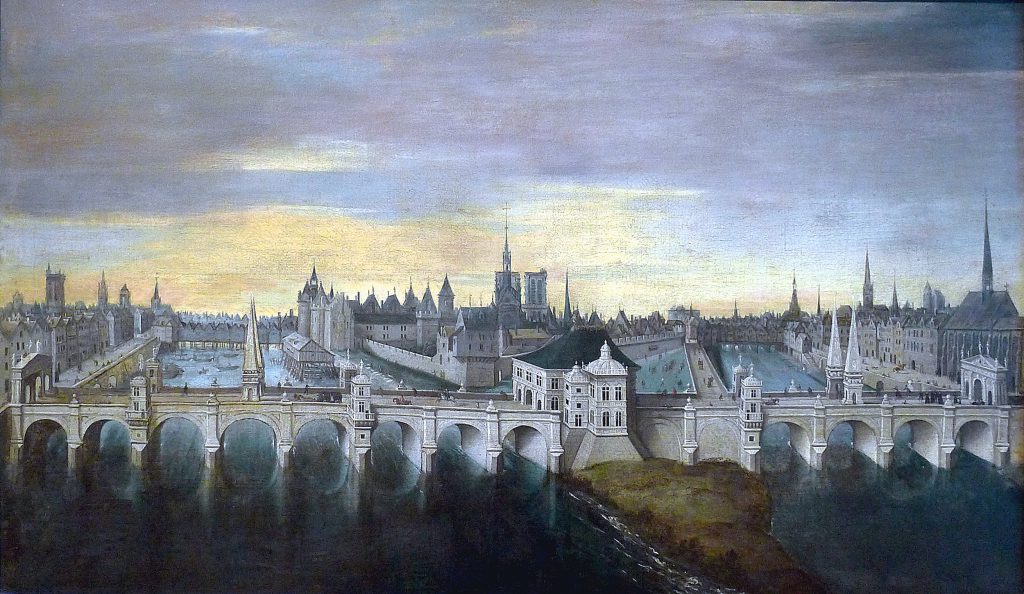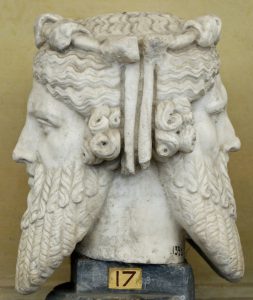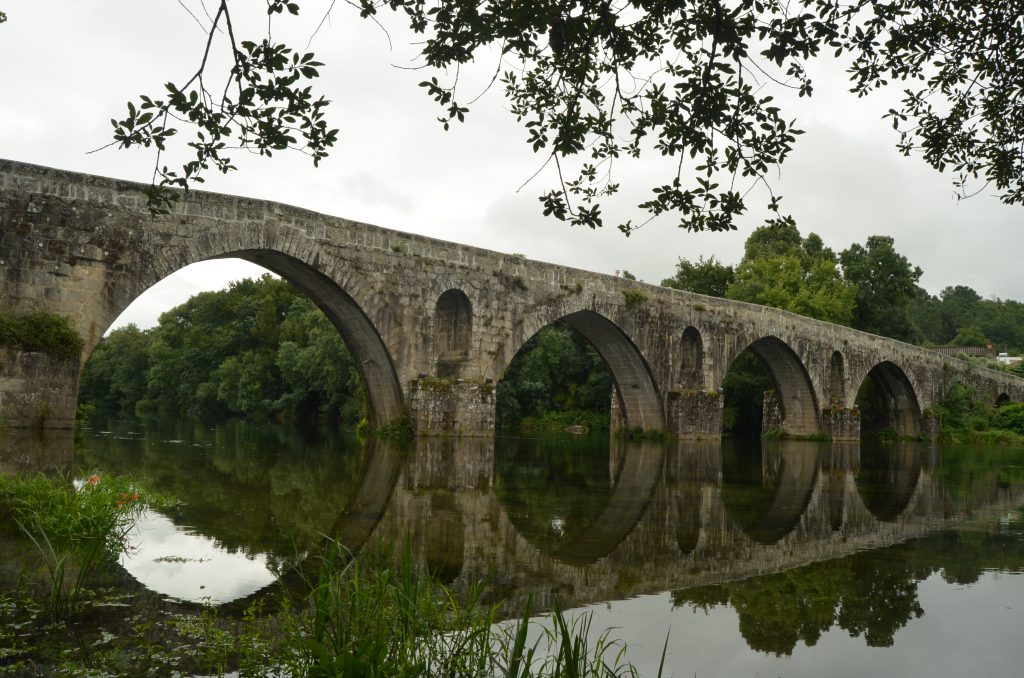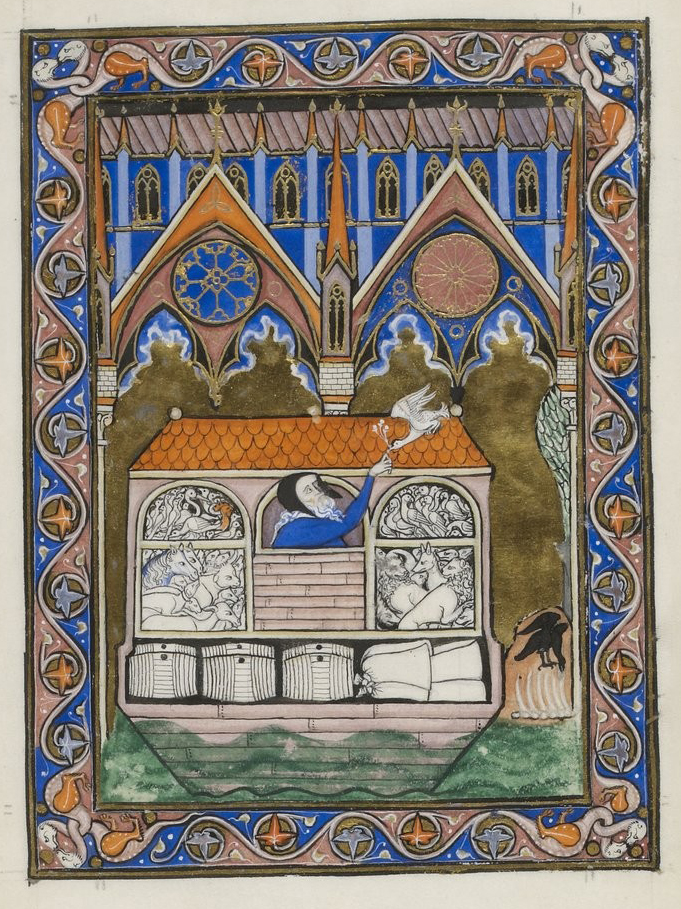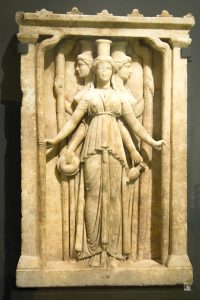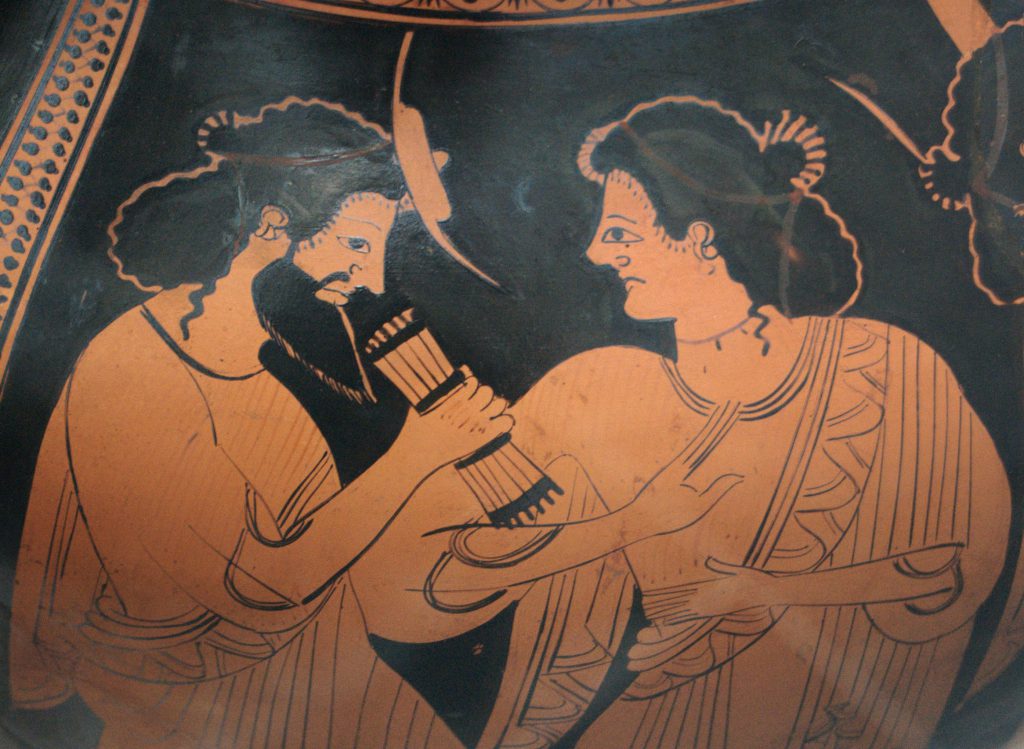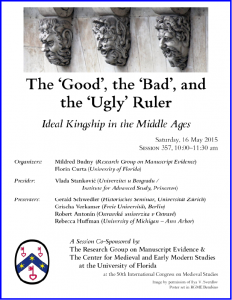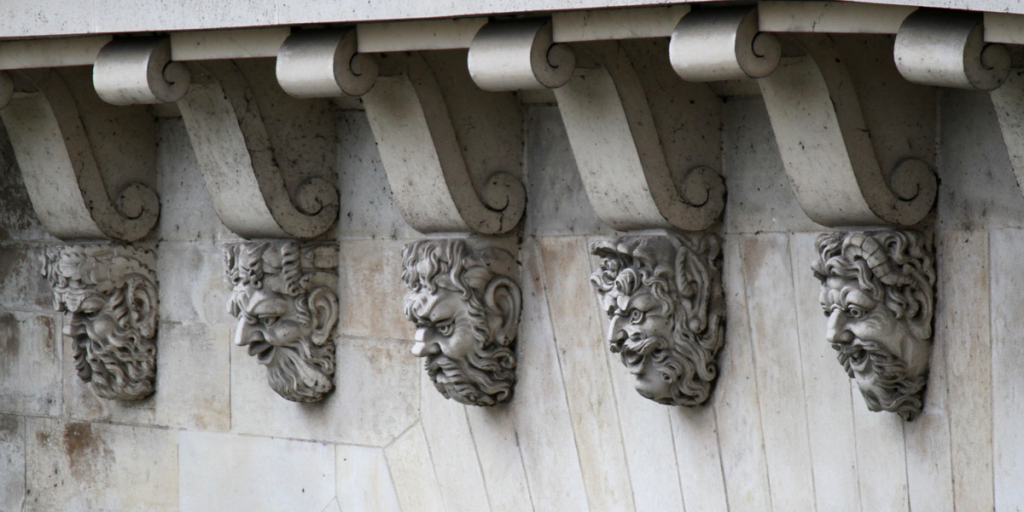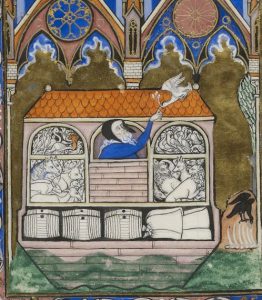2024 International Medieval Congress at Leeds: Program
November 24, 2023 in Conference, Conference Announcement, International Medieval Congress, Uncategorized
“Building Bridges
‘Over Troubled Waters’
For 25 Years and More”
An Inaugural RGME-Sponsored Session at Leeds
Thirty-First International Medieval Congress
University of Leeds
(1–4 July 2024 in hybrid format)
[Posted on 23 November 2023, with updates]
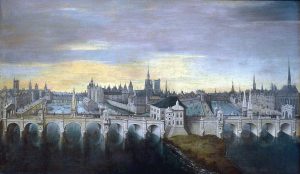
Paris, Musée Carnavalet, Projet pour le Pont Neuf, circa 1577. Image via Wikimedia via Creative Commons Attribution 3.0 Unported.
The Research Group on Manuscript Evidence prepares an Inaugural Sponsored Session at the International Medieval Congress (IMC), University of Leeds, United Kingdom, to be held in hybrid format from 1st – 4th July, 2024. This Session would comprise our first Sponsored Session at the Congress.
In December, we learned that the proposed Session has been accepted. Here we describe the plan.
Also, now that the Congress schedule has been posted — see IMC 2024 Programme — we announce details of our Inaugural Session, scheduled for the first day of the Congress (1 July).
The Plan
The Congress subject for 2024 is “Crisis”.
The RGME Theme for its Anniversary Year of 2024 is “Bridges”.
For the 2024 ICMS at Leeds we examine subjects pertaining to the challenges and opportunities of “Building Bridges ‘Over Troubled Waters’ ”. Responses to our Call for Proposals for this Session yielded a strong program with varied subjects from multiple perspectives far and near across time and place.
This Session joins our events celebrating the Anniversary Year for the RGME.
Our 2024 Anniversary Year: “Bridges”
In 2024 the Research Group on Manuscript Evidence (RGME) celebrates its 25th Anniversary as a Nonprofit Educational Corporation based in the United States and its 35th Anniversary as an International Scholarly Organization founded in England.
To mark our anniversary year, we prepare sponsored Sessions, as usual, for the International Congress on Medieval Studies (ICMS) at Kalamazoo in May. See our Call for Papers for the 2024 ICMS and now the 2024 International Congress on Medieval Studies: Program.
Also, for the first time, we prepare an Inaugural RGME-sponsored Session for the International Medieval Congress (IMC) at Leeds in July 2024. Our dedicated Co-Organizers for this new ‘venture’ as an Inaugural Session on our Anniversary bring a rich range of perspectives and interests sprouting from distant lands, different subjects, multiple waterways or paths of communication, and varied cultural endeavours, from poetry to correspondence, and voyagers’ routes using and forming bridges both tangibly and intangibly.
Our Co-Organizers hail from different traditions and upbringings, varied geographical locations (more than one, different continents included), and multi-lingual perspectives. Meet the Co-Organizers, whom we earnestly thank for skillfully shaping this event:
With awareness of distances which may be involved, we contemplate a view toward the waters, with thanks to our Co-Organizer for the photograph and permission to include it here as an evocative emblem from sometimes-distant shores.
Cape Point, Cape of Good Hope. Photograph © 12.2022 Ann Pascoe van Zyl.
The 2024 Leeds Congress: “Crises”
The chosen “Thematic Focus” for the Leeds Congress in 2024 is “Crisis”. It stands the tradition of varied Themes for the Leeds Congress since its foundation. The Congress website describes many ways in which this theme might be viewed and explored.
Bridges and “Troubled Waters”
Given the Theme for the 2024 Congress at Leeds and our Theme for our 2024 Anniversary Year, it seemed natural to contemplate processes which, when called for, might create a Bridge Over Troubled Water in some form or other. Repeating the results — in one or other form, as required or possible — might amount to a habit.
That thought reminded us of some practices and habits of the RGME over the years. And so, the title for the session came into existence, and could form a rallying call or sorts for the plan of its approach.
Call it a ‘bridge’ in response to the call for the 2024 Congress to consider the natures of ‘crisis’ of various kinds, medieval and more, as a focus subject for discussion.
With bridges both literal and metaphorical in mind, we thought of the Ark as a response or safe haven. Some medieval images of Noah’s Ark, its inhabitants, and its provident storage of provisions, come to mind. For example, in an illustration enclosed within an ornamental architectural frame, itself set ‘at sea’ or afloat within a broad outer frame of the expansive margins of the manuscript leaf:
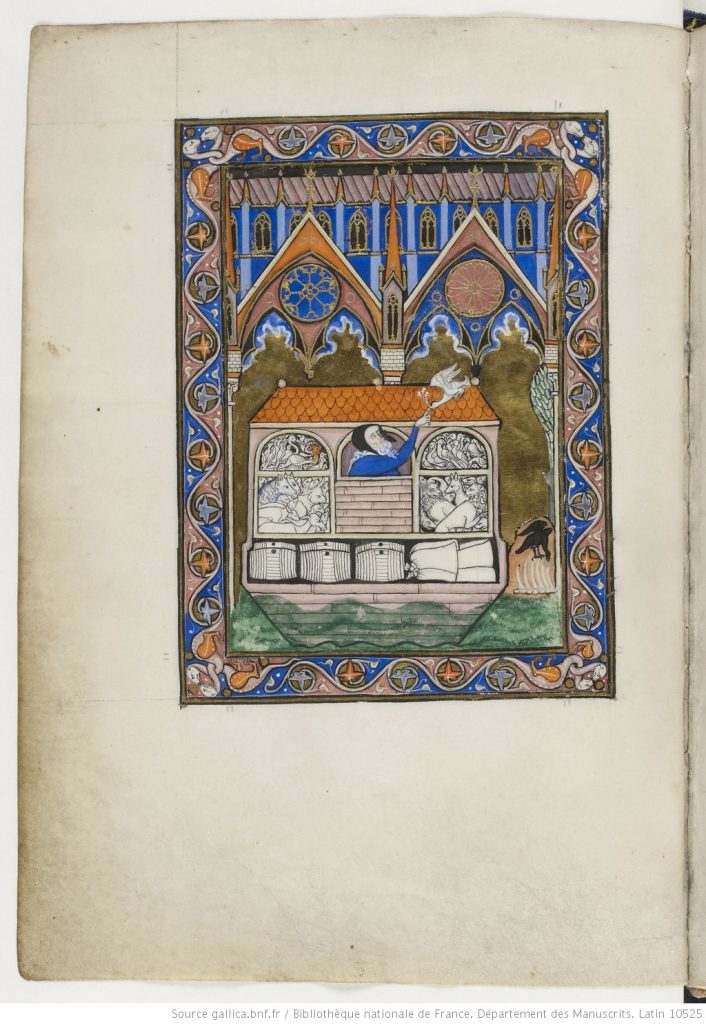
Paris, Bibliothèque nationale de France, Département des Manuscrits, Latin MS 10525, folio 3v. Image Public Domain via https://gallica.bnf.fr/ark:/12148./btv1b8447877n.r=psautier+dit+de+saint+louis.langFR.
Note on the Image
Paris, Bibliothèque nationale de France, Département des Manuscrits, Latin MS 10525, folio 3v.
“Psalter of Saint Louis”, formerly owned by Louis IX (1214-1270), King of France.
Image Public Domain via gallica.bnf.fr (Scan View 20).
Building Bridges: The Plan for the Session
The Research Group on Manuscript Evidence (RGME) came into existence in 1989 from a major Research Project at the Parker Library of Corpus Christi College, Cambridge. It moved to the USA in 1994 and became a nonprofit educational corporation based in Princeton in 1999.
Under our guiding concept of Bridges for our 2024 Anniversary Year, the RGME offers a Session on bridges and bridge-related topics, specifically as relating to crises. We consider ‘bridges’ both literally, as physical architectures and landmarks (such as historically significant specimens), and abstractly, as architectural devices of the mind that enable us to make unexpected, unpredicted, and sometimes serendipitous connections between marginal, off-field, divergent media, methods, and subjects sometimes ignored in such contexts.
Moreover, we examine how bridges answer to different forms of crises, especially, but not only, with regard to communication, travel, social, cultural or political relations, and the natural environment. In turn, we also consider how establishing and maintaining bridges may prevent crises or, contrarily, cause new unforeseen forms of crisis.
Our session welcomes all bold bridge-makers willing to traverse pathways that others might have not dared to take. Our subjects are:
1) Old English Psalms as a metaphorical bridge between crisis in the locus horribilis to peace in the locus amoenus,
2) Mercantile Venetian responses to blockages to trade-routes,
3) Dangers of bridges, especially Devil’s Bridges and Robber’s Bridge, as pilgrims’ routes, with digital visualizations and reference to contemporary discourse on safety,
4) a Response to these cases, along with a zreflection on the RGME’s tradition of building bridges through ‘crises’ in its passage across time to its anniversary with a session at the IMC.
Thus, we respond to opportunities and challenges which the captain and officers on the bridge of a ship might observe directly, better to steer a course forward.
We invite you to join us on the voyage.
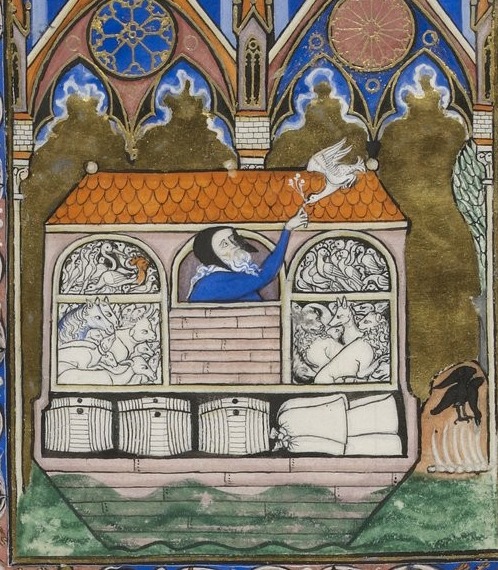
Paris, Bibliothèque nationale de France, Departément des Manuscrits, Latin MS 10525, folio 3v. Image Public Domain via https://gallica.bnf.fr/ark:/12148.
*****
With the publication of the IMC 2024 Programme, we announce the Programme of our Inaugural Session.
“Building Bridges ‘Over Troubled Waters’ ”
Sponsor:
Research Group on Manuscript Evidence
Session 129 (page 71 in the IMC 2024 Programme)
Organisers:
Ann Pascoe-van Zyl, School of English, Trinity College Dublin
and
Michael Allman Conrad, Kontextstudium, Universität St Gallen
Moderator:
N. Kıvılcım Yavuz, Institute for Medieval Studies / School of History,
University of Leeds
Respondent: David Porreca, Department of Classics, University of Waterloo, Ontario
Presentations:
129-a: Ann Pascoe-van Zyl, School of English, Trinity College Dublin
“The Imagery of the Old English Psalms of the Paris Psalter: A
Metaphorical Bridge from Crisis in the locus horribilis to Peace
in the locus amoenus”
(Language: English)
129-b: Eleanor Congdon, Department of History, Youngstown State University,
Ohio
“Resourcefulness in Action: The Use of the Port of Ibiza in Place
of Mainland Ports by Venetian Ships between 1400-1403″
(Language: English)
129-c: Michael Allman Conrad, Kontextstudium, Universität St Gallen
“Diabolic, Dangerous, and Daring: Bridges as Ambiguous
Symbols of Medieval Risk Perception”
(Language: English)
Response:
“129-d“: David Porreca, Department of Classics, University of Waterloo, Ontario
A glimpse of the Bilingual Latin and Old English Paris Psalter:
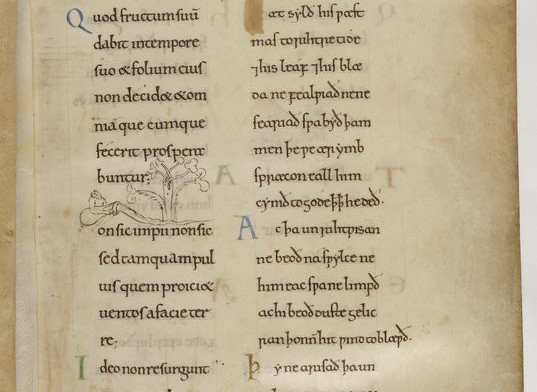
Paris, Bibliothèque nationale de France, Département des Manuscrits, MS Latin 8824, folio 1r, midsection with illustration. Image Public Domain via https://gallica.bnf.fr/ark:/12148/btv1b8451636f/f11.item#.
*****
Soon we will post more details about the Session, its place in our Anniversary celebrations, and information for attending the Congress.
Meanwhile, see how this Session stands among RGME activities both recent and planned:
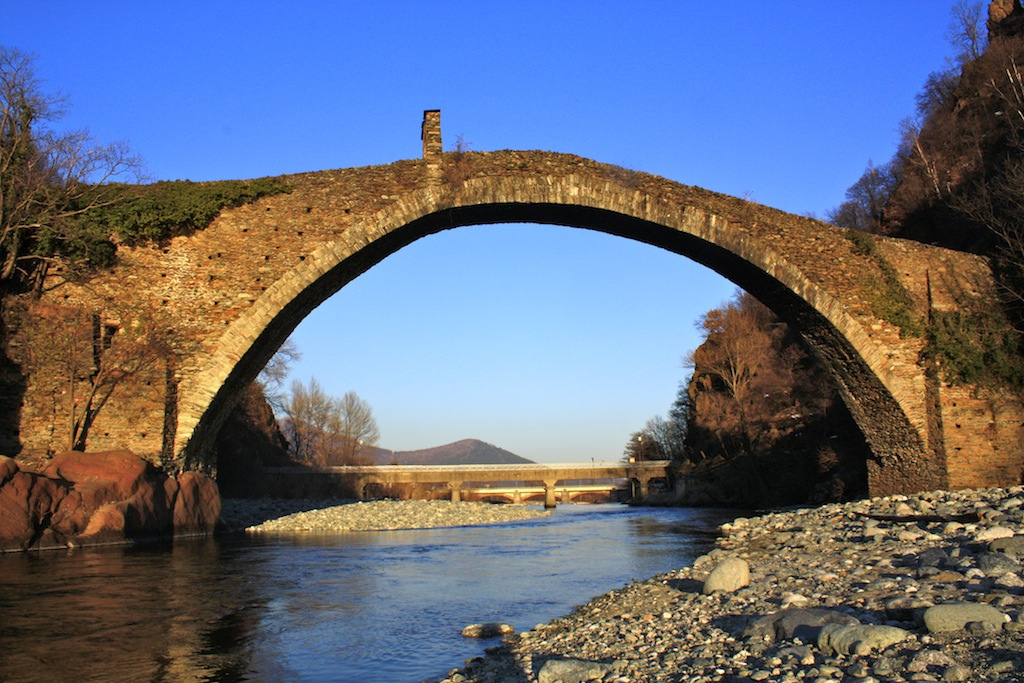
Valli_di_Lanzo, Lanzo Torinese, Ponte del Diavolo. Photograph by Emiliana Borruto (24 February 2012). Image via Wikimedia Commons via Creative Commons Attribution 2.0 Generic.
*****
Please leave your Comments or questions below, or:
- Contact Us
- our FaceBook Page
- our Twitter Feed (@rgme_mss)
- our Blog on Manuscript Studies and its Contents List
Donations and contributions, in funds or in kind, are welcome and easy to give. See:
We invite you to consider favorably
We look forward to hearing from you.
*****

